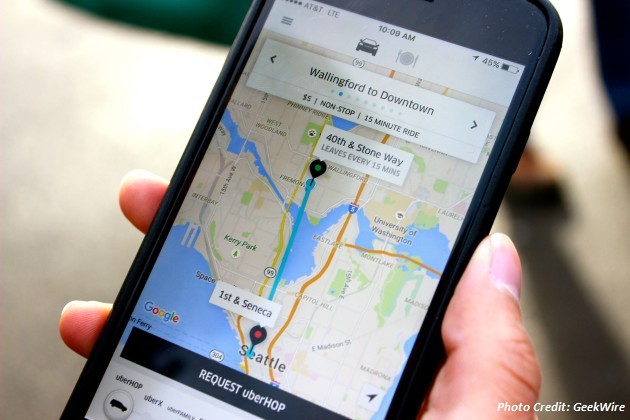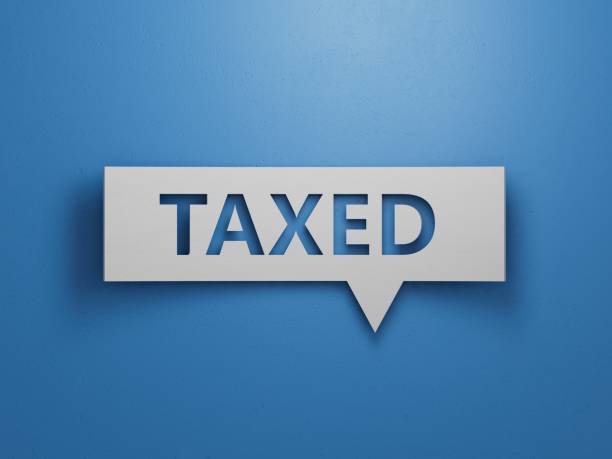The Seattle City Council voted last Tuesday to force companies like Uber, Lyft and Grubhub, gig economy companies, to provide sick leave to part time contractors.
This is on top of the Council passing legislation last year that set the minimum wage for food delivery workers at $17 per hour.
On the surface, this looks like it will help raise the standard of living for delivery workers. History shows this will not be the case.
In what many consider to be a predictable outcome, the minimum wage law that the Seattle City Council passed September 2020, has forced Uber and Lyft to raise prices on riders. Initial estimates indicate Uber would raise prices as much as 25% and could end up raising prices as much as 50%.
A similar increase in customer prices is likely to ensue to cover the additional cost for mandatory sick leave which part time workers accrue 1 day every 30 days worked.
Uber, Lyft, Grubhub, Doordash and UberEats and the other transportation networks (TNC’s) in the gig worker economy are successful because they provide a market driven, convenient, needed service at low cost.
A recent comment from an Uber driver on the California Supreme court overturning part of Assembly Bill 5 (AB5), declassifying temporary workers as employees, succinctly sums up the issue.
“I love the freedom of part time driving whenever I want, on a contract basis. I earn extra money and have fun picking people up and giving them rides. If I had to work a schedule or take rides I didn’t want what a bummer that would be.” – Edward, Clark County Today, March 16, 2023.
Each of the restrictions that the Seattle City Council places on the free market, increases costs for both consumers and the TNC companies providing the services, reduces employment opportunities and flexibility for the nascent gig-economy. The legislation Seattle passes often benefits more traditional and more expensive TNC options. In the case of Seattle, the traditional taxi licenses are limited by the City, driving up license prices. The license price collapsed in value once more competitive options became available. Every action taken against the gig-economy systems by Seattle, has been an attempt to correct the results of government interference with the free market.
The city’s involvement is an overreach, as gig worker service costs and wages should be market driven. The paid sick leave costs will be passed onto consumers as higher prices and to the drivers as lower pay.
The advent of the gig economy services have provided millions of Americans with more cost-effective transportation and cheap food home delivery. This free-market solution has increased the consumer more flexibility to acquire a personalized service that fits his or her unique needs.
Services like Doordash and Uber Eats have been invaluable during the pandemic to provide cost effective food delivery and much needed income for workers unable to work full time due to government mandated lockdowns.
The force paid sick leave will translate directly to increased costs for services.
With Seattle’s war against the TNC companies, the only winners are bureaucrats and politicians – not Uber, Lyft, Doordash or Uber Eats and certainly not their employees or the riders that use their service.






